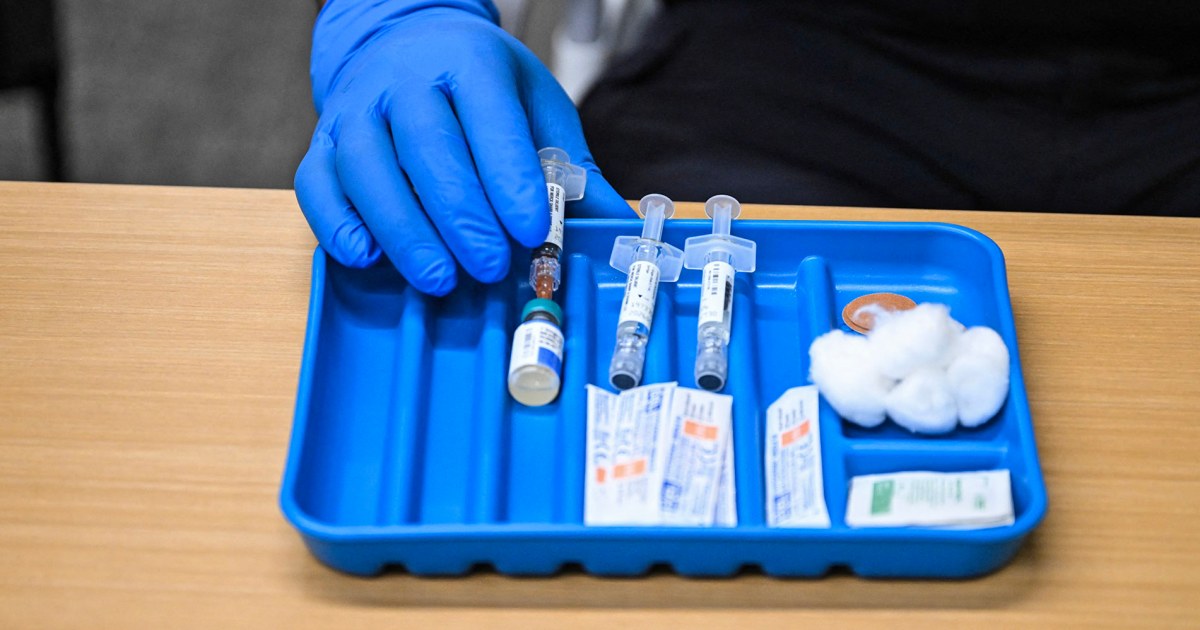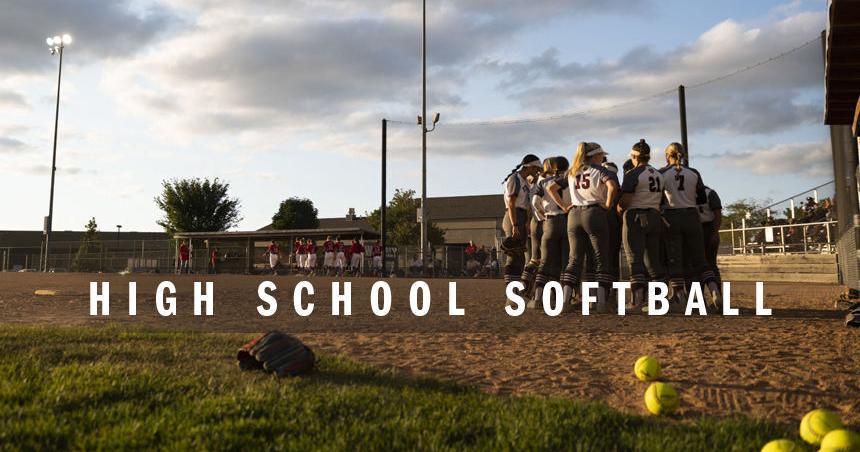Should Access to the MMRV Vaccine Be Restricted? CDC Panel Weighs In

Published: 2025-09-19 01:05:07 | Category: Trump GNEWS Search
This article covers recent changes proposed by the CDC's Advisory Committee on Immunization Practices (ACIP) regarding the measles, mumps, rubella, and varicella (MMRV) vaccine for children under four years old. The panel voted to recommend against its use in this age group due to a small risk of febrile seizures. Despite this, vaccinations for measles and varicella remain essential. Understanding these guidelines is crucial for parents considering vaccinations for their children.
Last updated: 07 October 2023 (BST)
Key Takeaways
- The ACIP voted 8-3 to recommend against the MMRV vaccine for children under four years due to risks of febrile seizures.
- Febrile seizures are generally harmless but can be alarming for parents.
- The recommendation does not affect the need for measles, mumps, and rubella vaccinations at 12-15 months and 4-6 years.
- The CDC’s final decision on this recommendation is pending.
- Recent committee changes have raised concerns among public health experts regarding vaccine safety discussions.
Understanding the MMRV Vaccine
The MMRV vaccine combines immunisations against measles, mumps, rubella, and varicella (chickenpox) into a single shot. This combination is designed to reduce the number of injections a child needs during their early years. Vaccination against these diseases is crucial, as they can lead to severe complications, especially in very young children.
What Are Febrile Seizures?
Febrile seizures are convulsions that can occur in young children, typically between six months and five years, when they experience a fever. These seizures can be triggered by infections or vaccinations that induce a fever. While they can be distressing for parents, they are usually brief and do not result in long-term health issues.
Current Recommendations for Vaccination
According to the ACIP, children should receive the measles, mumps, and rubella vaccines at ages 12 to 15 months and again at 4 to 6 years. The varicella vaccination can be administered simultaneously. The new recommendation specifically advises against the combination MMRV vaccine for children under four due to the previously mentioned risk of febrile seizures.
Recent Changes and Their Implications
The advisory panel’s vote to modify the vaccination guidance reflects ongoing concerns about vaccine safety, particularly in younger populations. This decision comes amidst significant changes in the ACIP, with new members appointed by Health Secretary Robert F. Kennedy Jr. raising eyebrows among public health experts. Critics argue that these changes could undermine public confidence in vaccines.
Why the Change in Guidance?
The primary reason for reconsidering the MMRV vaccine for younger children stems from the established link between febrile seizures and vaccinations. The CDC has long recommended the separate varicella vaccine for children under four, given the observed risks associated with the MMRV vaccine. However, the recent discussions have prompted questions about the necessity of revisiting this established guidance.
Public Health Expert Concerns
Many public health experts express concern that the new direction of the ACIP may lead to confusion and hesitancy towards vaccinations. Dr. Jake Scott, an expert in infectious diseases, voiced apprehension that revisiting well-established policies could inadvertently spread doubt about the safety of vaccines, despite robust evidence supporting their efficacy.
What Happens Next?
Following the ACIP's recommendation, Acting CDC Director Jim O’Neill will make the final ruling on whether to adopt these changes. The timeline for this decision remains unclear, as the Department of Health and Human Services is assessing how these changes will affect insurance coverage and vaccination practices. The ACIP will continue to discuss further vaccination policies, including changes to the hepatitis B vaccination schedule.
The Broader Impact of Vaccine Hesitancy
Vaccine hesitancy poses a significant challenge to public health efforts. As misinformation spreads, it becomes increasingly important to communicate the benefits and risks of vaccines clearly. Health officials must strive to maintain trust in vaccination programmes to prevent outbreaks of vaccine-preventable diseases.
FAQs
What is the MMRV vaccine?
The MMRV vaccine is a combination vaccine that protects against measles, mumps, rubella, and varicella (chickenpox). It is administered to children to prevent these diseases, which can cause serious health complications.
Why are there concerns about the MMRV vaccine for children under four?
Concerns arise from the small risk of febrile seizures associated with the MMRV vaccine in children under four. These seizures can be triggered by fevers, which may occur after vaccination.
What are febrile seizures?
Febrile seizures are convulsions that can occur in young children when they have a fever. They are usually brief and not harmful, but they can be alarming for parents.
What is the vaccination schedule for measles and varicella?
Children should receive the measles, mumps, and rubella vaccines at 12 to 15 months and again at 4 to 6 years. The varicella vaccine can be given at the same time.
How does the new recommendation affect vaccination practices?
The recommendation advises against using the MMRV vaccine for children under four, promoting the use of separate vaccines for measles and varicella instead. However, older children can still receive the combination vaccine if preferred.
As discussions around vaccination policies evolve, it is essential for parents to stay informed and consider the recommendations of healthcare professionals regarding their children's immunisations. The ongoing debate highlights the need for clarity and trust in public health messaging. #VaccinationAwareness #PublicHealth #MMRV



